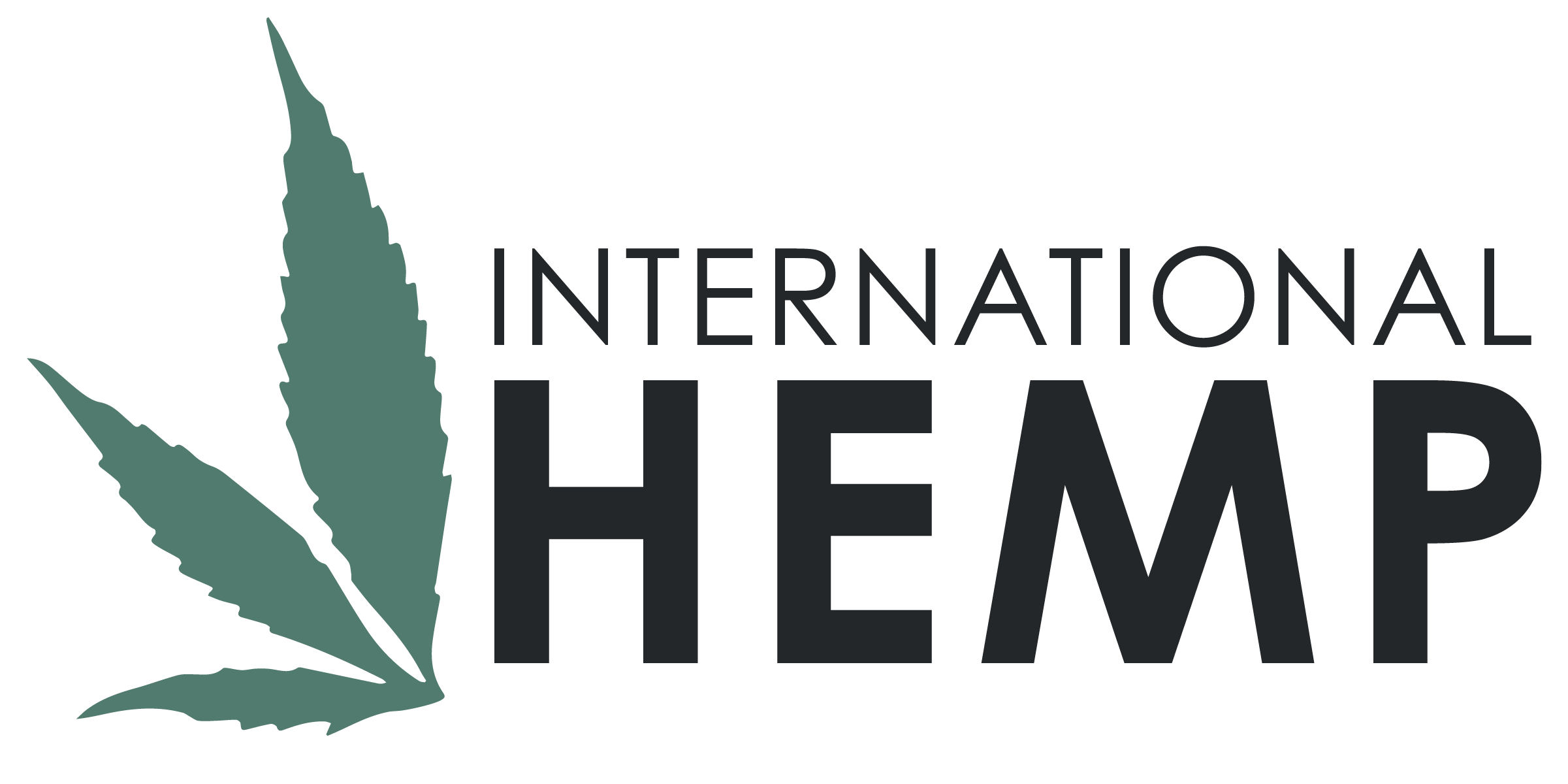The Value of Certified Hemp Seed
High-quality seed is fundamental to modern agriculture. While American farmers have been growing industrial hemp since the passage of the 2014 Farm Bill, the industry is still dealing with unreliable seed providers. Today, sourcing consistent, compliant, and high-quality genetics remains an essential concern for U.S. hemp growers.
Officially certified AOSCA or OECD Seed Scheme seed should be the first choice for hemp growers. Seed certification preserves genetic purity. Factors such as the percentage of contamination by the genetic material of other varieties or weed seeds contribute to seed quality. Ultimately, officially certified AOSCA or OECD Seed Scheme seed ensures that growers, processors, and manufacturers receive a consistent and reliable crop.
While it’s technically legal to purchase hemp seed from non-permitted suppliers, farmers take on higher risks and receive fewer consumer protections. Non-certified seed from non-permitted providers may be an attractive option, particularly because of a lower cost point, but the risk should be weighed.
Low-quality, non-certified hemp seed will likely suffer from poor performance, stand, vigor, allow for weeds and produce a lower yield. In addition, non-certified varieties may be a genetic soup of farmer-saved seed varieties and could cause the resulting crop to have a large percentage of male plants which greatly affects yield. Non-certified seed may also produce a crop that tests over the legal limit for THC even if the supplier has CoA’s that claim the “variety” is compliant.
Here is a list of questions farmers can use to vet unreputable seed providers:
What is the name of the variety?
Is the variety certified by OECD or AOSCA?
How many years has the variety been in the marketplace?
What is the class of seed you’re selling (Certified 1, Certified 2, Basic, or Bin run grain)?
Where was the seed produced?
What is the germination rate of the lot you’re selling?
Do you have current tags (state regs, differ look for tags with germ tests within last 6 months)
Where is the seed located? How has the seed been stored?
If overseas, how long will it take to arrive?
Did the seed legally enter the country with phytosanitary certificates?
Is the variety listed as legal to grow in my state?
Can you share a photo of the official seed tags and ISTA certificates proving the class of seed and specs?
Check the ISTA for the presence of weed seeds and the amounts?
What is the seed count per pound?
Are you a licensed seed dealer/seller? Or are you working through a licensed seed broker?
If I have a seed claim issue, will you visit my farm and work with me to build a future relationship?
Do you have yield data on the variety yield?
Do you have CoA's proving the percentage of THC? Will the provider guarantee you that the crop you grow will be compliant?
What generation was the variety selected in? And how?
Many new varieties have less than 5 generations in total from the initial cross, including selection, inbreeding, and regional trial history.
The inherent risks associated with any new crop can be minimized by sourcing seed certified by an AOSCA seed-certifying agency. There are currently only a handful of companies that are producing seed in line with AOSCA standards and can provide answers to all the questions listed above. We pride ourselves on being one of them. We are here to forge long-term relationships with U.S. hemp growers. While we may not offer the cheapest seed on the market, we hold ourselves to a quality standard that is unmatched.
We have partnered with generational farmers who have been producing certified seed crops for decades all in an effort to provide farmers with the highest quality seed on the market. Seed that we can stand behind.
The U.S. fiber and grain hemp industry may still be in its infancy, but it will flourish in the years to come as we grow together. It all starts with seed.
